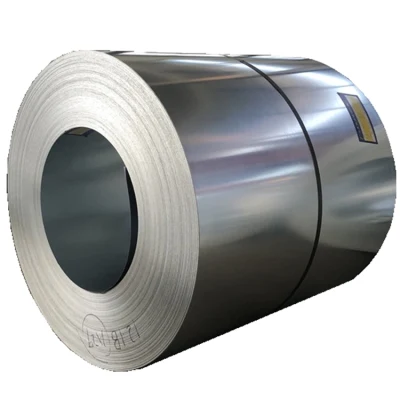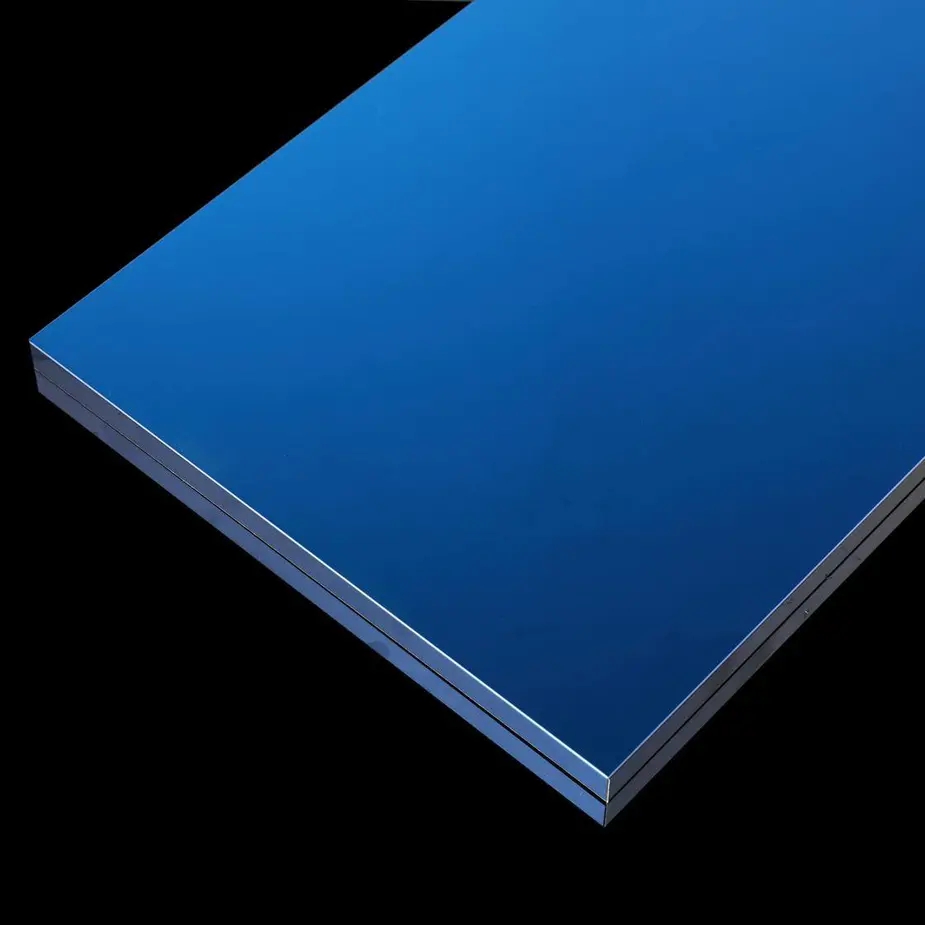Are you looking for reliable and experienced 201 stainless steel coil manufacturers? In this comprehensive guide, we'll explore the key aspects of 201 stainless steel coil manufacturing, helping you make an informed decision when choosing a supplier.
Understanding 201 Stainless Steel
201 stainless steel is an austenitic grade that contains chromium, nickel, and manganese. This composition provides excellent corrosion resistance, making it suitable for a wide range of applications. Compared to other popular grades like 304 stainless steel, 201 offers a more cost-effective solution without compromising on quality.
Chemical Composition
The typical chemical composition of 201 stainless steel includes:
- Chromium: 16.0% - 18.0%
- Nickel: 3.5% - 5.5%
- Manganese: 5.5% - 7.5%
- Carbon: 0.15% max
- Silicon: 1.00% max
- Phosphorus: 0.060% max
- Sulfur: 0.030% max
This unique combination of elements contributes to the material's outstanding properties.
Mechanical Properties
201 stainless steel coils exhibit impressive mechanical properties:
- Tensile Strength: 515 MPa min
- Yield Strength: 205 MPa min
- Elongation: 35% min
- Hardness: 95 HRB max
These properties make 201 stainless steel coils suitable for various forming and fabrication processes, such as bending, stamping, and deep drawing.
Manufacturing Process
The manufacturing process of 201 stainless steel coils involves several critical steps, ensuring the final product meets the highest quality standards.
Melting and Casting
The process begins with melting raw materials in an electric arc furnace (EAF). The molten metal is then refined to achieve the desired chemical composition.
Hot Rolling
The refined steel is cast into slabs, which are then reheated and hot-rolled to reduce thickness and achieve desired dimensions.
Cold Rolling
After hot rolling, the steel coils undergo cold rolling to further reduce thickness and improve surface finish and mechanical properties.
Annealing and Pickling
To restore ductility and improve formability, the cold-rolled coils are annealed. After annealing, the coils are pickled to remove surface oxides and scale.
Finishing
The final step involves applying the desired surface finish to the 201 stainless steel coils. Common finishes include 2B, BA, No. 4, and custom finishes based on specific requirements.
201 Stainless Steel Coil Manufacturing Process The 201 stainless steel coil manufacturing process involves several critical steps to ensure the highest quality.
Applications of 201 Stainless Steel Coils
201 stainless steel coils find applications in various industries due to their excellent properties and cost-effectiveness:
- Kitchen Appliances
- Automotive Parts
- Construction
- Medical Equipment
Choosing the Right 201 Stainless Steel Coil Manufacturer
When selecting a 201 stainless steel coil manufacturer, consider the following factors:
- Quality Control
- Technical Expertise
- Customization Options
- Delivery and Logistics
- Sustainability
Partnering with a reputable manufacturer like Xinguangyuan, known for their expertise in stainless steel surface finishes and commitment to customer satisfaction, can help you unlock the full potential of this versatile material.
Conclusion
201 stainless steel coils offer an excellent combination of corrosion resistance, durability, and cost-effectiveness. By understanding the manufacturing process, applications, and key factors to consider when choosing a supplier, you can ensure that you receive high-quality 201 stainless steel coils that meet your specific requirements.
For more information on how to choose the right stainless steel coil grade, visit our website or contact our expert team at Xinguangyuan today.


